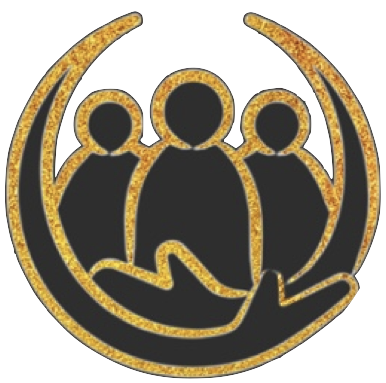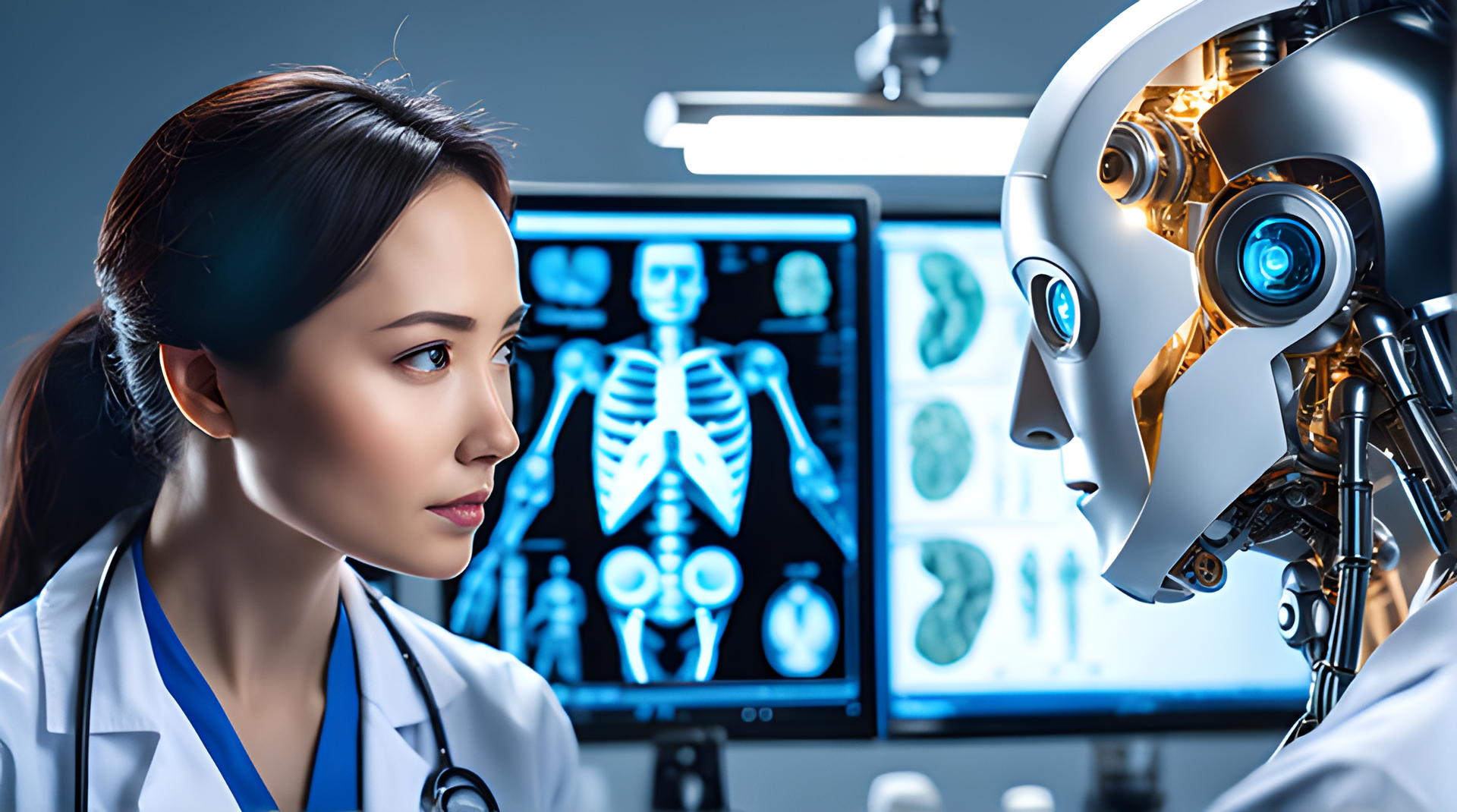How Voice-Based AI Like ChatGPT Is Giving the Voiceless a New Voice
For millions around the world, illiteracy isn't just a lack of education—it's a barrier to dignity, opportunity, and basic human rights. Those who cannot read or write are often excluded from healthcare, justice, and even daily communication. But now, thanks to the power of voice-enabled Artificial Intelligence (AI), that barrier is finally being broken.
At the heart of this transformation is ChatGPT—a conversational AI that can listen, speak, translate, and respond in multiple languages. For the first time in history, people who cannot read or write can interact with technology just by speaking, and receive information they can understand and act on.
🎙️ How Voice Unlocks the Power of AI
Through projects like Aashapath, created by Dr. Kadiyali Srivatsa, poor and marginalized individuals are being taught how to use their voice to access AI. They don’t need to know spelling, grammar, or how to type. They simply speak their thoughts—about their health, their problems, their rights—and the AI responds with helpful, human-like answers in their native language.
This technology can:
Listen to spoken questions and understand local dialects
Speak back the answers, clearly and respectfully
Translate between languages so people can communicate across barriers
Generate documents, complaints, or official letters—entirely by voice
💬 From Silence to Speech
For someone who has never held a pen or typed on a keyboard, the ability to “talk to a machine” and get useful information is nothing short of revolutionary. They can now:
Ask questions about their health, family rights, or legal aid
Understand their prescriptions or symptoms
Ask for help or file a complaint without shame or fear
Translate and send messages to doctors, employers, or officials
This is not just technology—this is empowerment.
🌱 Confidence, Dignity, and Freedom
With every question asked, every answer understood, and every message sent, a new world opens for those once shut out of the system. The fear of being ignored, scolded, or misunderstood fades away. In its place rises a sense of confidence, self-worth, and human dignity.
No longer dependent on others to read, write, or explain things, these individuals can now advocate for themselves and their families. Voice-based AI becomes their companion, their assistant, and in many ways—their teacher.
🤝 The Mission of Aashapath and Dr. Maya GPT
This movement is being led by initiatives like Aashapath, which train women, street vendors, cleaners, farmers, and other unorganized workers to use ChatGPT and Dr. Maya GPT. These tools aren’t just about access to information—they’re about restoring power to the people who were never given a chance.
Dr. Maya GPT, in particular, helps them:
Recognize health risks
Understand symptoms using a simple color-coded system
Get guidance without visiting a doctor unnecessarily
Together, ChatGPT and Dr. Maya GPT are changing lives—not with more schools or books, but by meeting people where they are, with voice, respect, and compassion.
🌟 A Future Without Literacy Barriers
In a world of written laws, online services, and digital systems, illiteracy has always been a sentence to silence. But not anymore.
Thanks to voice-based AI, a new chapter has begun—where every human being, no matter their background, can ask, understand, act, and grow.
And that is how the power of voice, combined with the heart of AI, is breaking the chains of illiteracy—and setting souls free.

